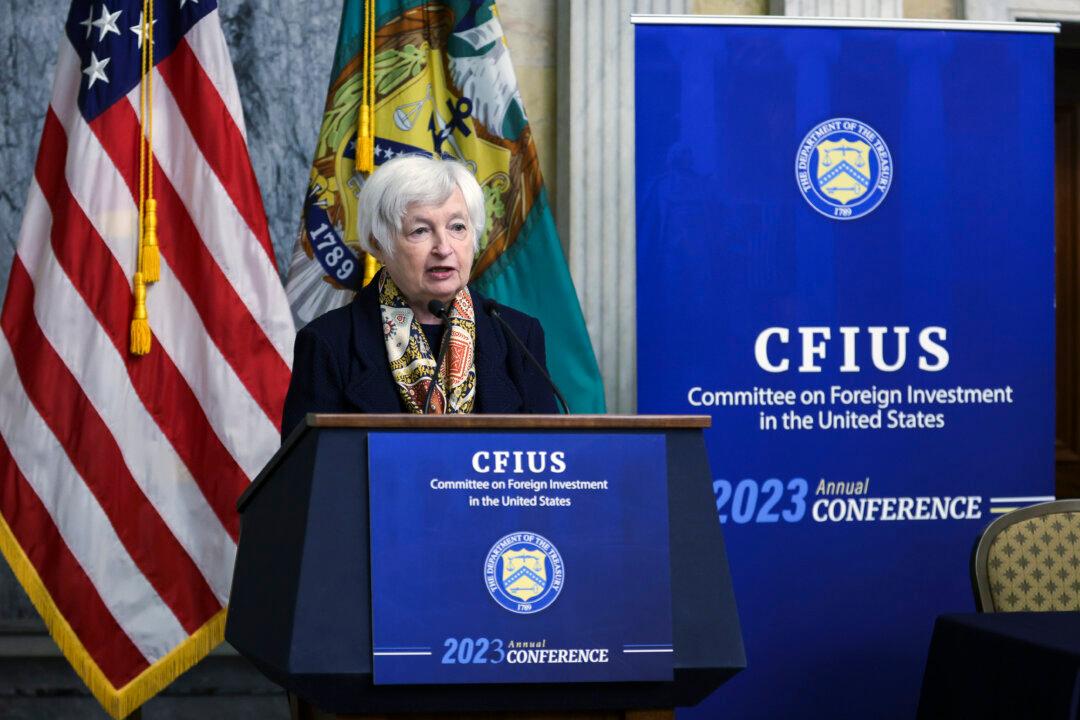The U.S. Treasury Department has issued proposed rulemaking to expand a security committee’s review of land purchases by foreign buyers near dozens of additional U.S. military sites.
The proposed rule would increase the power of the Committee on Foreign Investment in the United States (CFIUS) to review land sales near 56 additional military sites, bringing the total number to 227.





